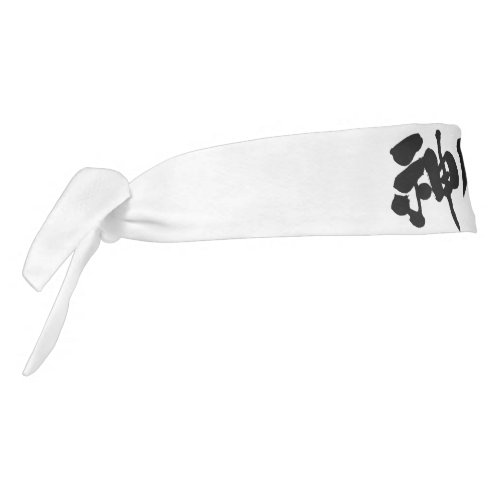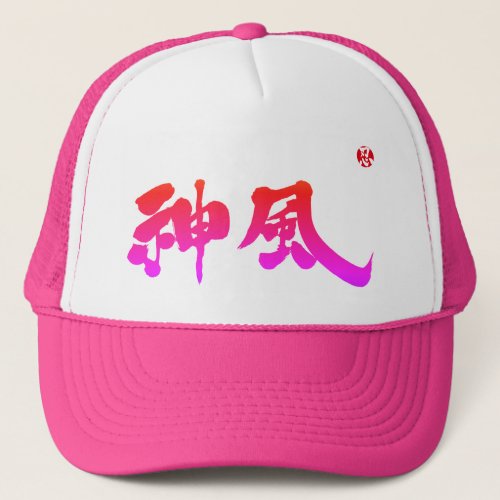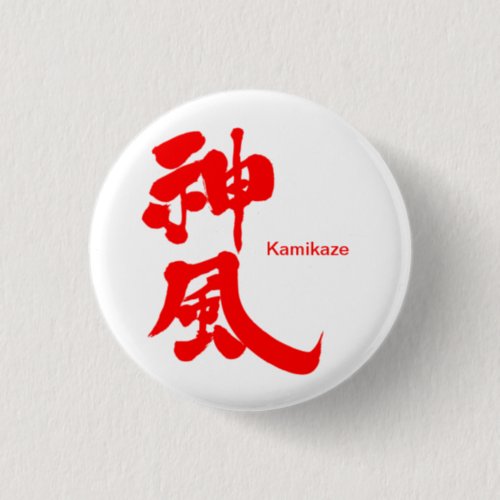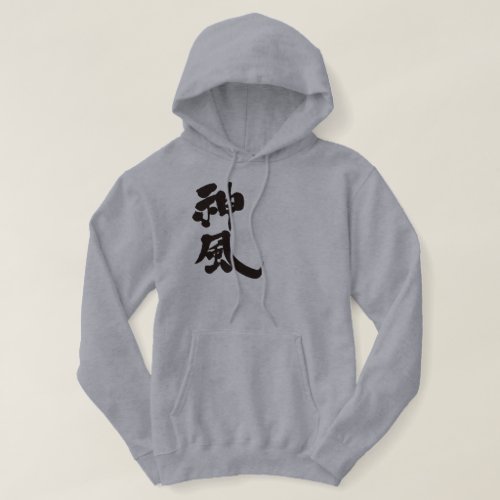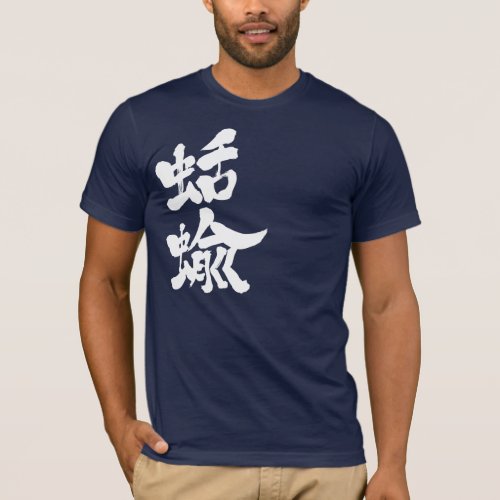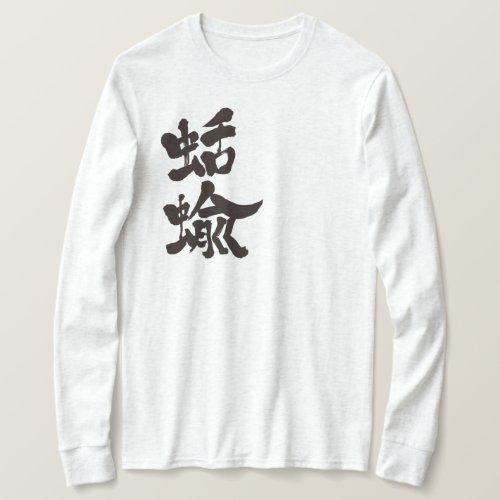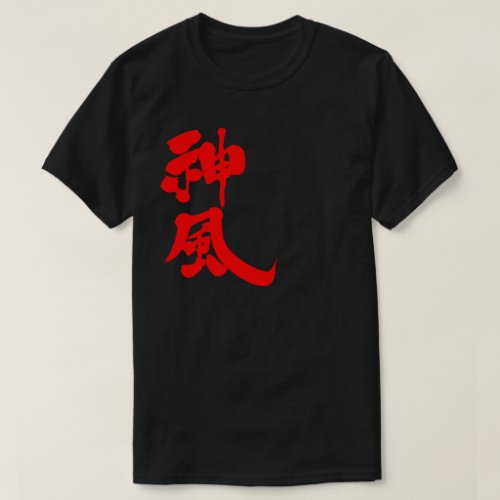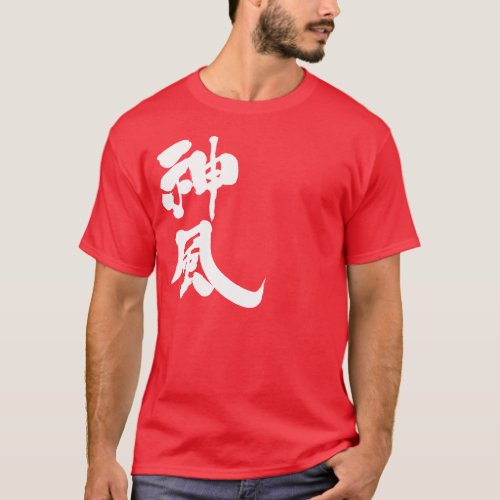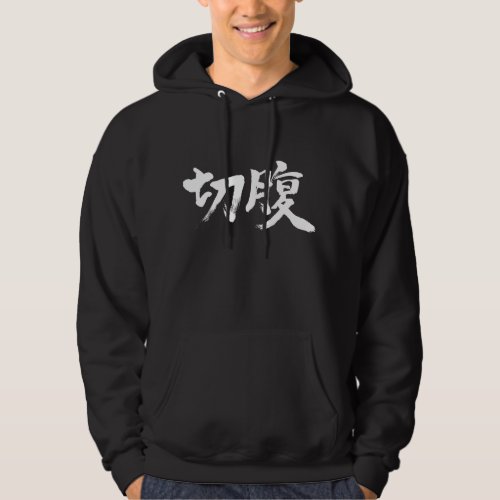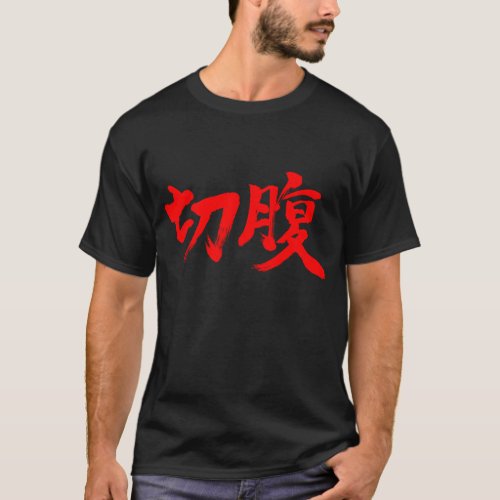old
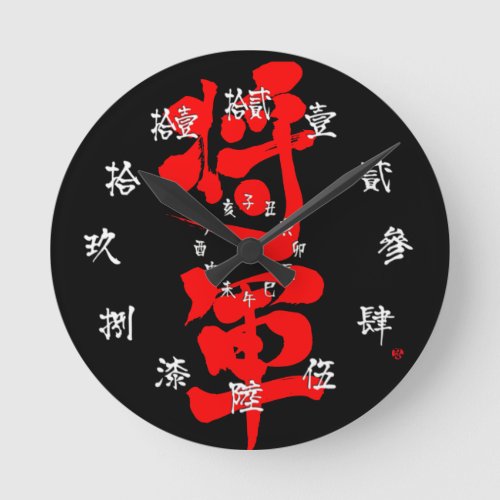
[Kanji] Shogun as classic letter and numbers Black Round Clock
It is a Kanji that old Japanese were using. Additional numbers as kanji and zodiac kanji on inside.
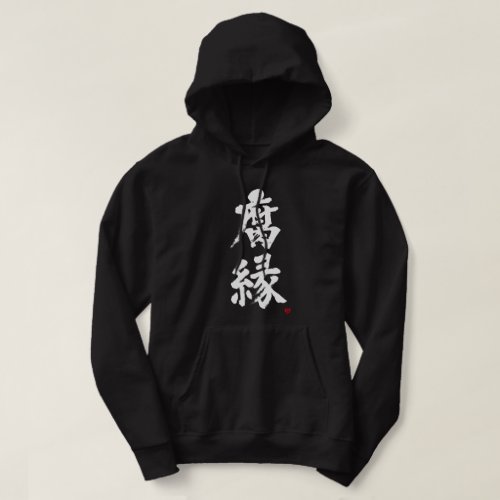
[Kanji] Old school friend Hoodie
Japanese says "Kusare-en". It means a relationship that you can't leave even if you try to leave, but if you take it positively, it means a long-stand
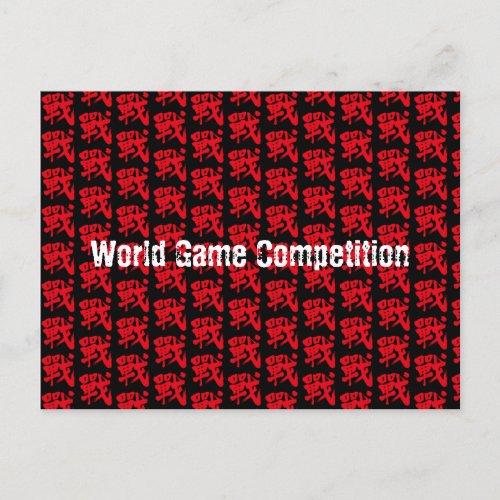
[Kanji] Classic letter Battle for bg patten Postcard
It is a Kanji that old Japanese were using. Japanese says Ikusa. It's same means "戦". English text is sample, you can edit as you like.
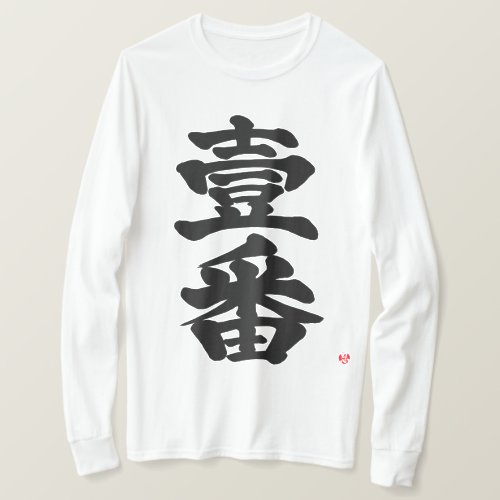
[Kanji] first, Ichiban as old difficult bk letter T-Shirt
Number one, first and Ichiban in Japanese Kanji. One is difficult classic kanji letter. Ban is current Kanji.
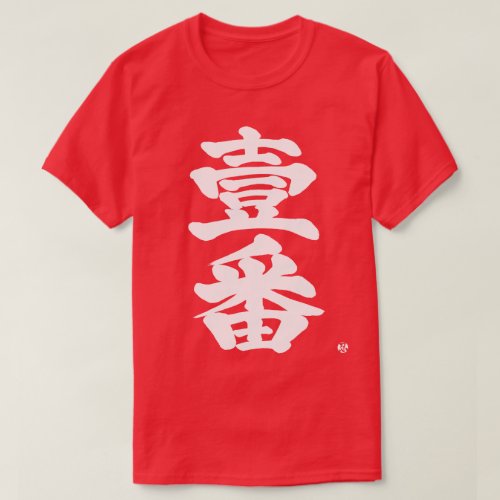
[Kanji] first, Ichiban as old difficult letter T-Shirt
Number one, first and Ichiban in Japanese Kanji. One is difficult classic kanji letter. Ban is current Kanji.
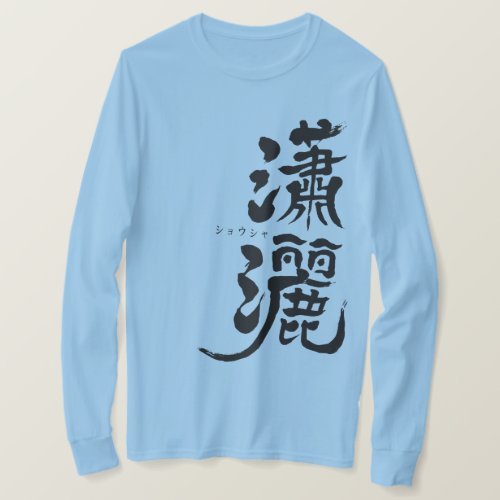
[Kanji] elegant men / women long sleeves T-Shirt
It seems that it is clearly missing. It looks like it's not profane. Japanese says "Sho-Sya".
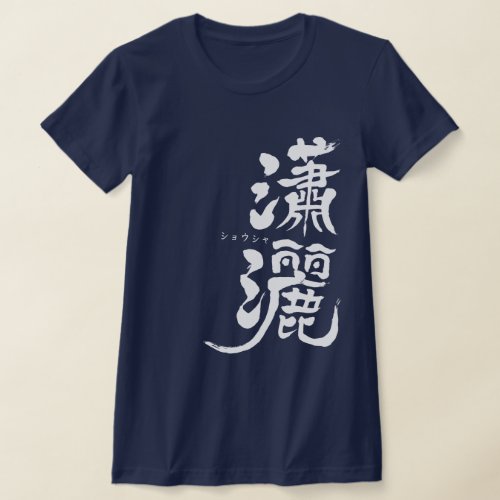
[Kanji] elegant men / women T-Shirt
It seems that it is clearly missing. It looks like it's not profane. Japanese says "Sho-Sya".
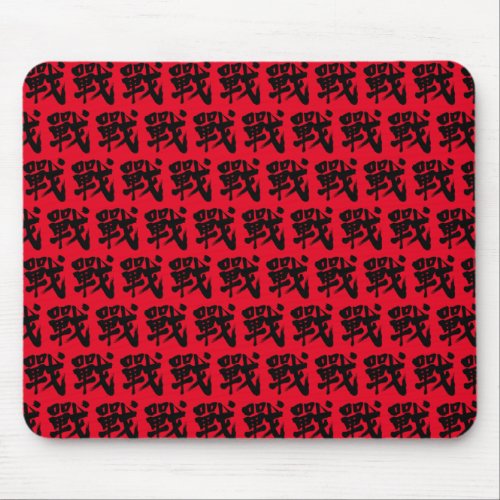
[Kanji] Battle as classic letter Mouse Pad
It is a Kanji that old Japanese were using. Japanese says Ikusa. It's same means "戦".
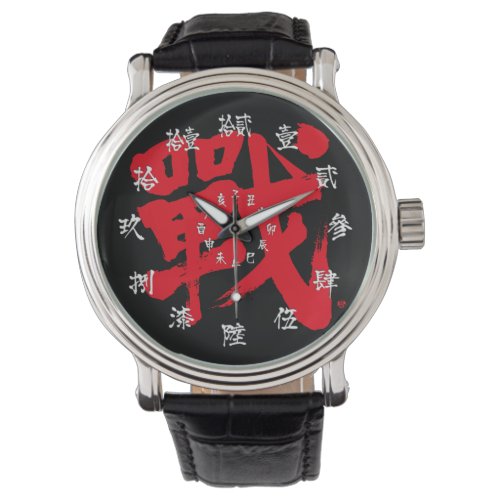
[Kanji] Battle as classic letter and Japan number Watch
It is a Kanji that old Japanese were using. Japanese says Ikusa. It's same means "戦." Additional numbers as pronkanji and zodiac kanji on inside.

[Kanji] Battle as classic letter Leggings
It is a Kanji that old Japanese were using. Japanese says Ikusa. It's same means "戦".
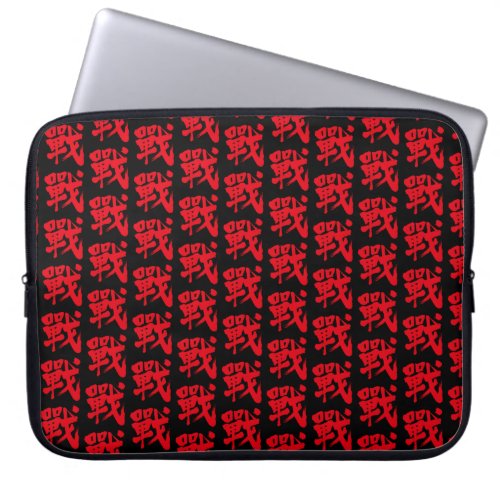
[Kanji] Battle as classic letter Laptop Sleeve
It is a Kanji that old Japanese were using. Japanese says Ikusa. It's same means "戦".
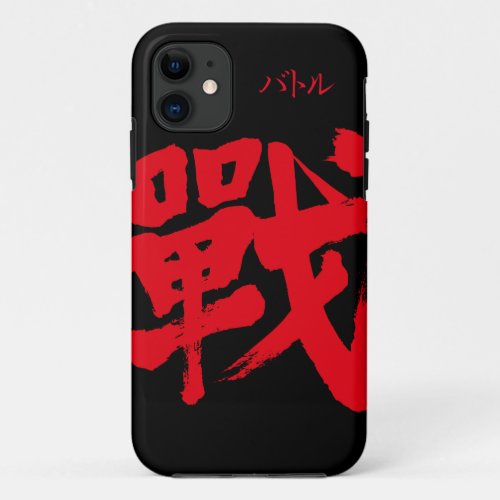
[Kanji] Battle as classic letter iPhone Case
It is a Kanji that old Japanese were using. Japanese says Ikusa. It's same means "戦".
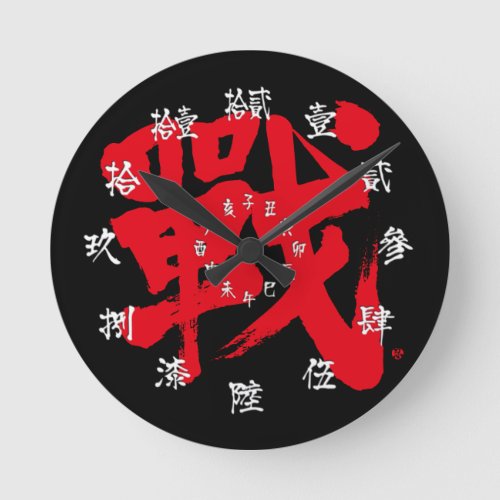
[Kanji] Battle as classic letter and numbers Black Round Clock
It is a Kanji that old Japanese were using. Japanese says Ikusa. It's same means "戦." Additional numbers as pronkanji and zodiac kanji on inside.
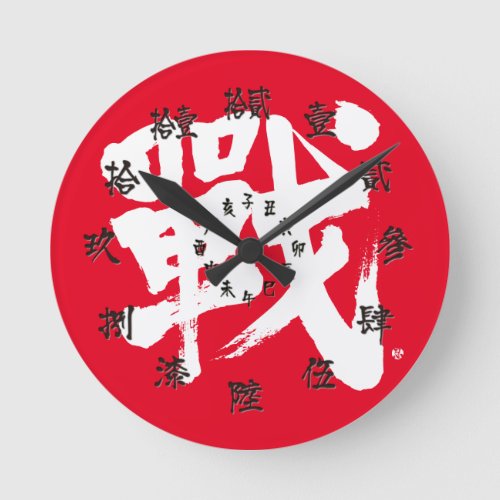
[Kanji] Battle as classic letter and numbers Red Round Clock
It is a Kanji that old Japanese were using. Japanese says Ikusa. It's same means "戦". Additional numbers as difficulty kanji and zodiac kanji on insid
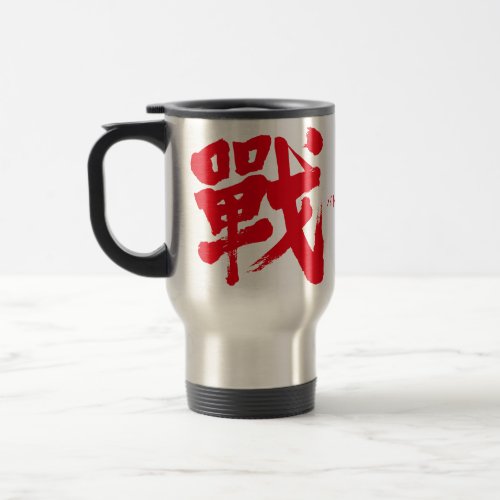
[Kanji] Battle as classic letter Travel Mug
It is a Kanji that old Japanese were using. Japanese says Ikusa. It's same means "戦".
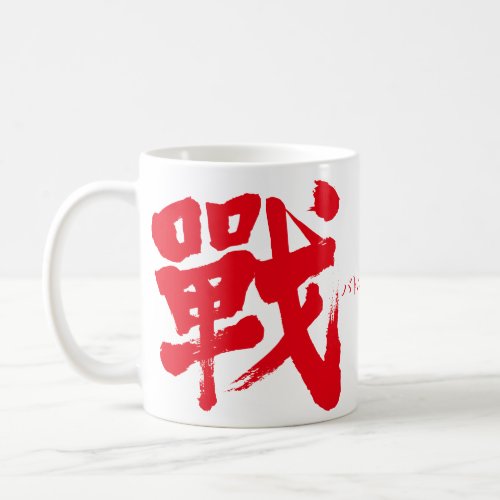
[Kanji] Battle as classic letter Coffee Mug
It is a Kanji that old Japanese were using. Japanese says Ikusa. It's same means "戦".
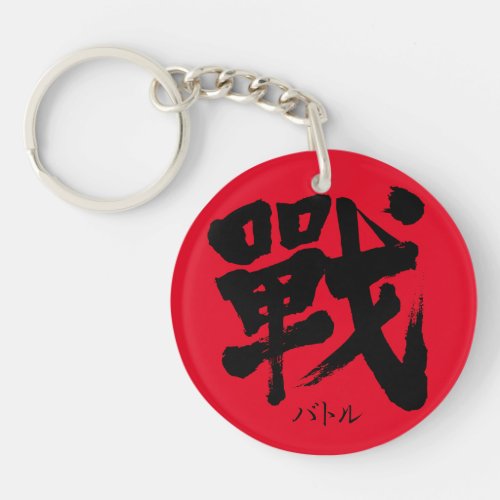
[Kanji] Battle as classic letter Keychain
It is a Kanji that old Japanese were using. Japanese says Ikusa. It's same means "戦".
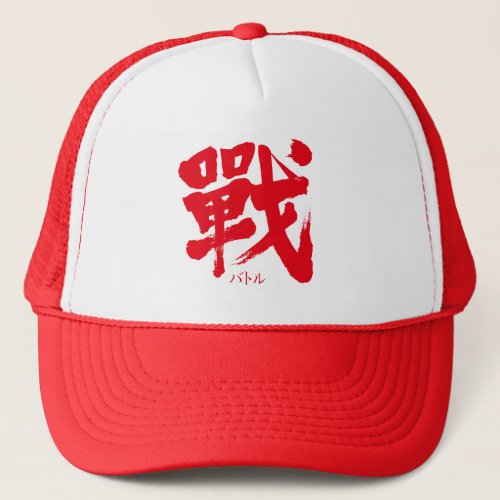
[Kanji] Battle as classic letter Trucker Hat
It is a Kanji that old Japanese were using. Japanese says Ikusa. It's same means "戦".
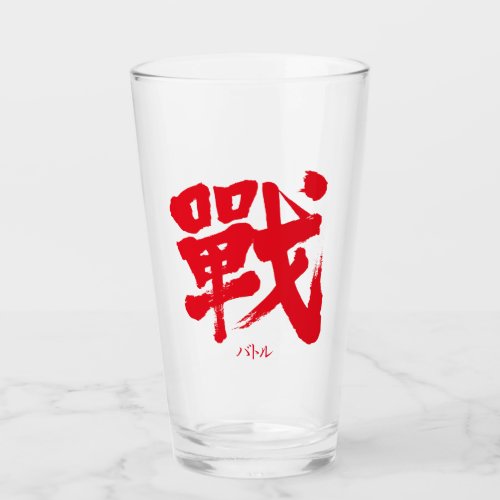
[Kanji] Battle as classic letter Glass
It is a Kanji that old Japanese were using. Japanese says Ikusa. It's same means "戦".
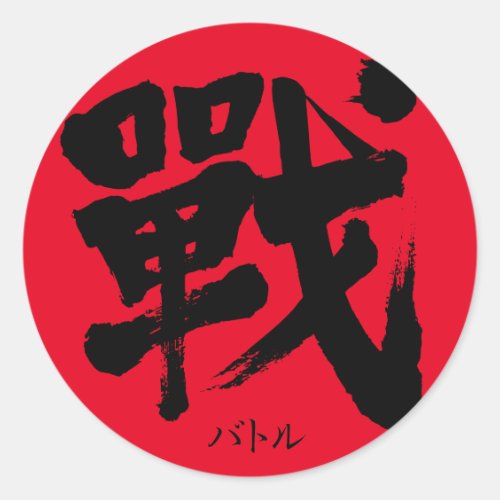
[Kanji] Battle as classic letter Classic Round Sticker
It is a Kanji that old Japanese were using. Japanese says Ikusa. It's same means "戦".
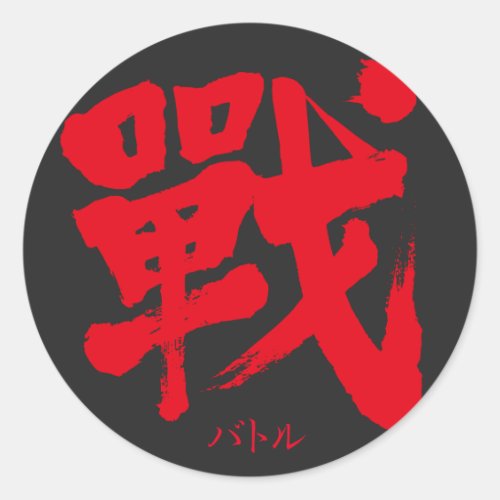
[Kanji] Battle as classic letter Classic Round Sticker
It is a Kanji that old Japanese were using. Japanese says Ikusa. It's same means "戦".
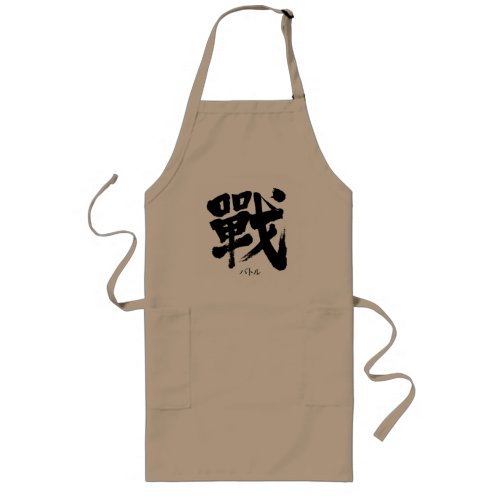
[Kanji] Battle as classic letter Long Apron
It is a Kanji that old Japanese were using. Japanese says Ikusa. It's same means "戦".
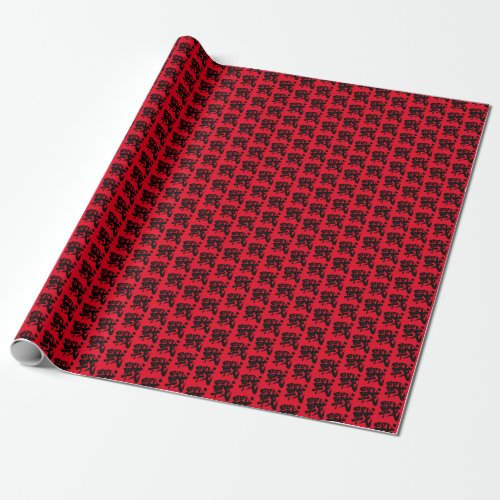
[Kanji] Battle as classic letter Wrapping Paper
It is a Kanji that old Japanese were using. Japanese says Ikusa. It's same means "戦".
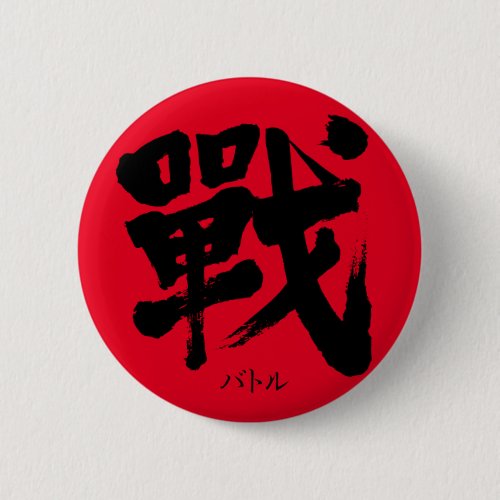
[Kanji] Battle as classic letter Round Button
It is a Kanji that old Japanese were using. Japanese says Ikusa. It's same means "戦".
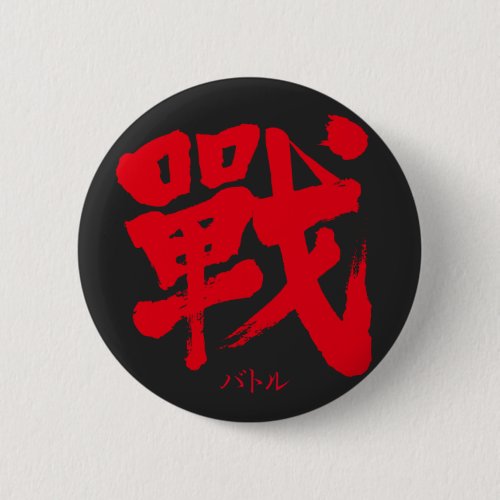
[Kanji] Battle as classic letter Button
It is a Kanji that old Japanese were using. Japanese says Ikusa. It's same means "戦".
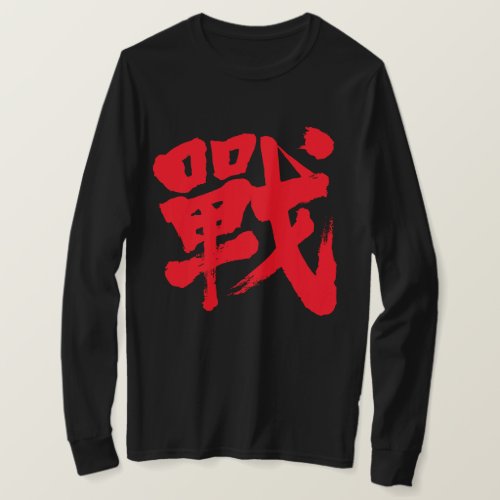
[Kanji] Battle as classic letter long sleeves T-Shirt
It is a Kanji that old Japanese were using. Japanese says Ikusa. It's same means "戦".
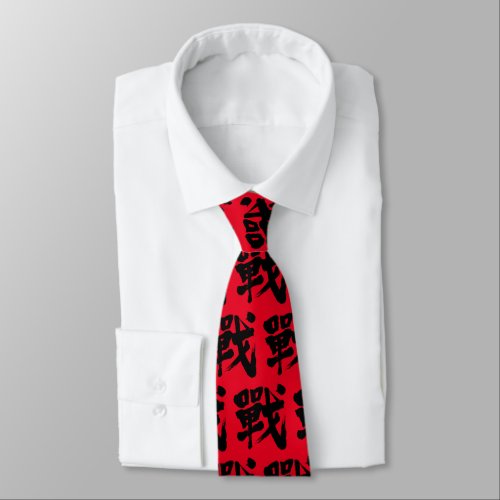
[Kanji] Battle as classic letter Neck Tie
It is a Kanji that old Japanese were using. Japanese says Ikusa. It's same means "戦".
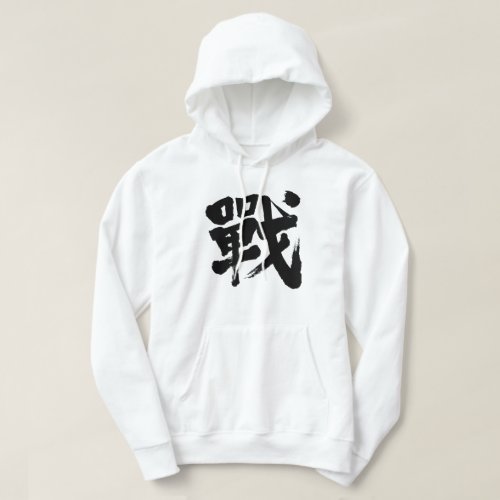
[Kanji] Battle as classic letter Hoodie
It is a Kanji that old Japanese were using. Japanese says Ikusa. It's same means "戦".
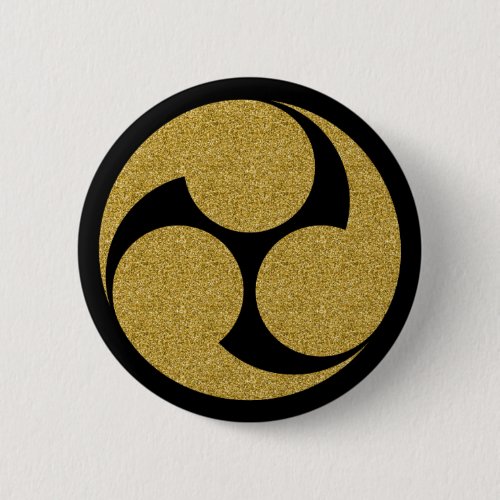
[Family Crests] Left-hand Mitsudomoe Round Button
Japanese says "Kamon". The origin is not clear, but it is often used as a god crest, and it started at Hachiman Shrine and then spread to other shrine
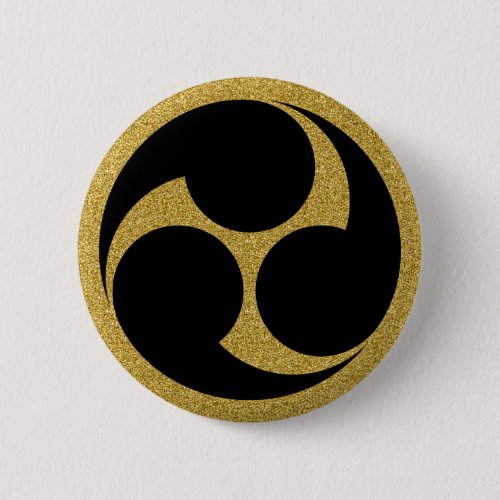
[Family Crests] Left-hand Mitsudomoe Button
Japanese says "Kamon". The origin is not clear, but it is often used as a god crest, and it started at Hachiman Shrine and then spread to other shrine
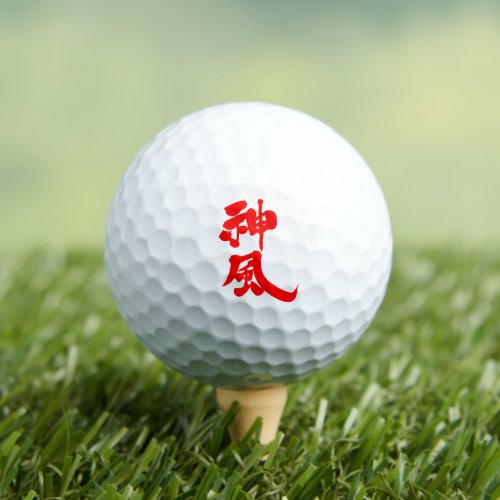
[Kanji] Kamikaze (red letters) Golf Balls
wildly-driven with god breath It is oldies word in Japan. It may be a ball that flies tremendously due to the virtues of God.
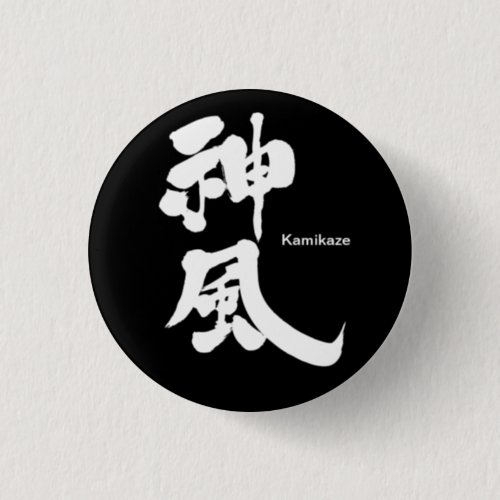
[Kanji] Kamikaze (white) Classic Round Button
wildly-driven with god breath It is oldies word in Japan.
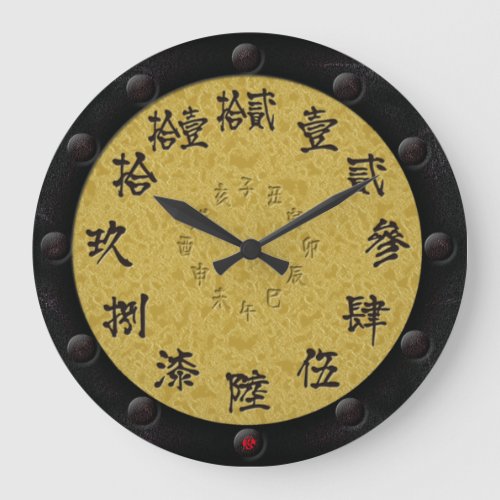
Gold moon - Old complex number of Kanji like Yoroi Large Clock
It's hand written old difficult numbers in Japanese Kanji. And the Kanji of the zodiac is written on the inside. It is a work written on a design like worn-out
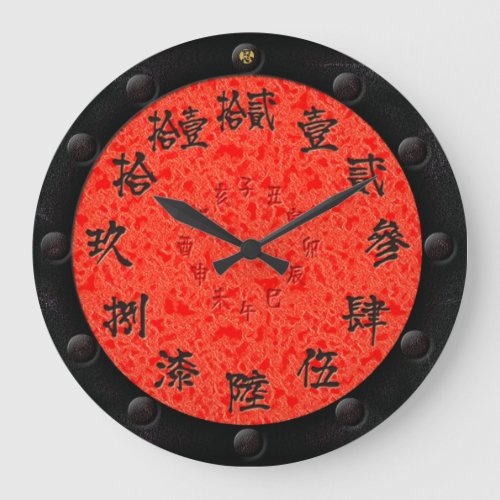
Red sun - Old complex number of Kanji like Yoroi Large Clock
It's hand written old difficult numbers in Japanese Kanji. And the Kanji of the zodiac is written on the inside. It is a work written on a design like worn-out
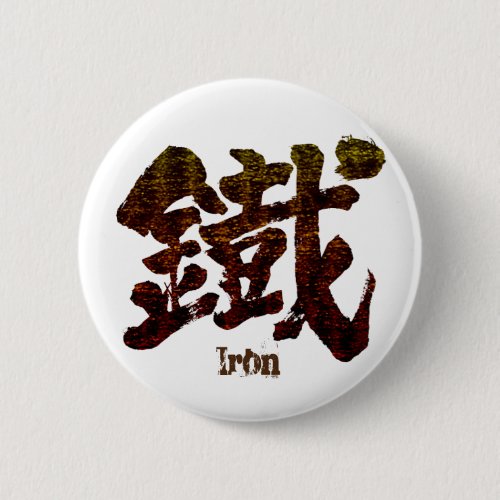
[Kanji] Iron as old letter Button
Japan calls Tetsu. It is a Kanji character called iron that was used long ago. There are many Japanese who can read it now.
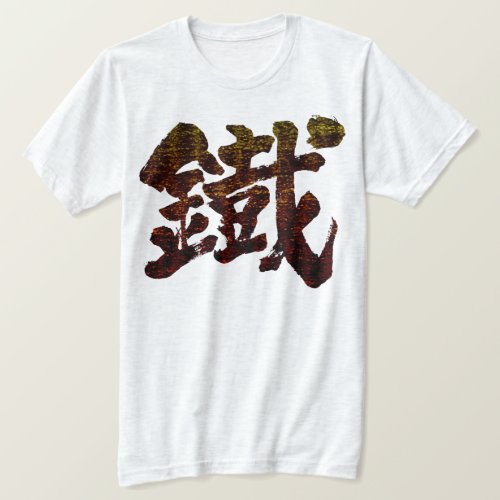
[Kanji] Iron as old word T-Shirt
It is a Kanji character called iron that was used long ago. There are many Japanese who can read it now. Japan calls Tetsu.
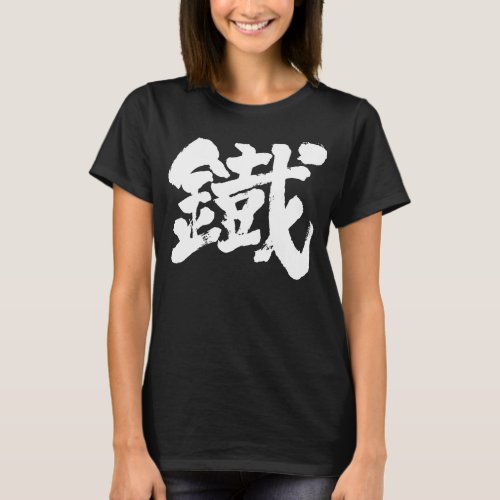
[Kanji] Iron as old character T-Shirt
Japan calls Tetsu. It is a Kanji character called iron that was used long ago. There are many Japanese who can read it now.
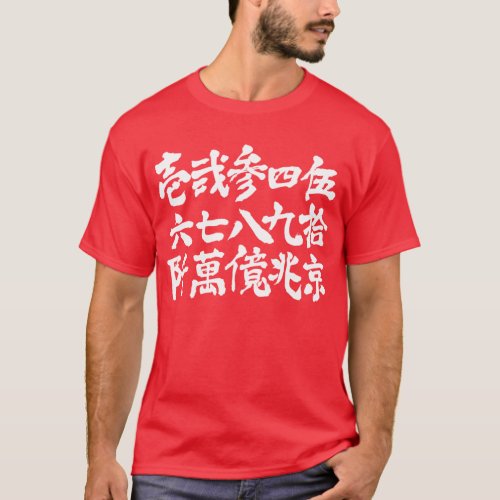
[Kanji] Oldies Numbes T-Shirt
Japanese say to left "Ichi Ni San Shi Go Roku Nana Hachi Kyu Jyu Sen Man Oku Cyo Kei".
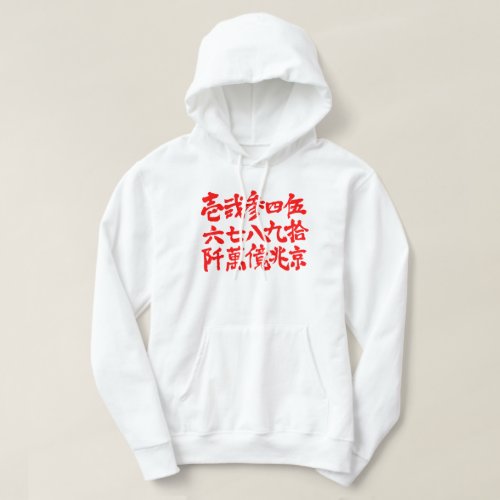
[Kanji] Oldies Numbers Hoodie
Japanese say to left "Ichi Ni San Shi Go Roku Nana Hachi Kyu Jyu Sen Man Oku Cyo Kei".
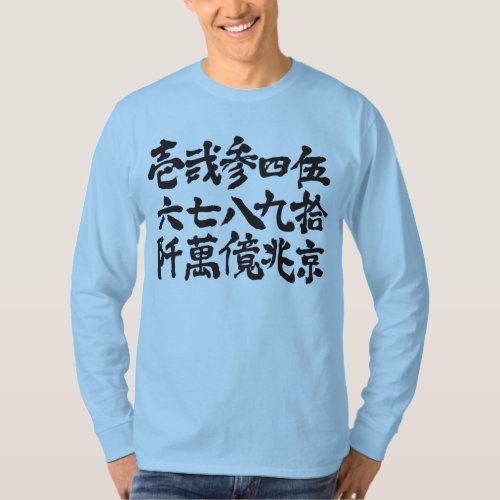
[Kanji] Oldies Number long sleeves T-Shirt
Japanese says to left "Ichi Ni San Shi Go Roku Nana Hachi Kyu Jyu Sen Man Oku Cyou Kei".
